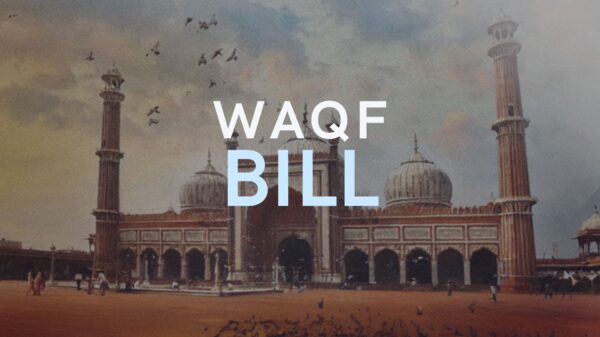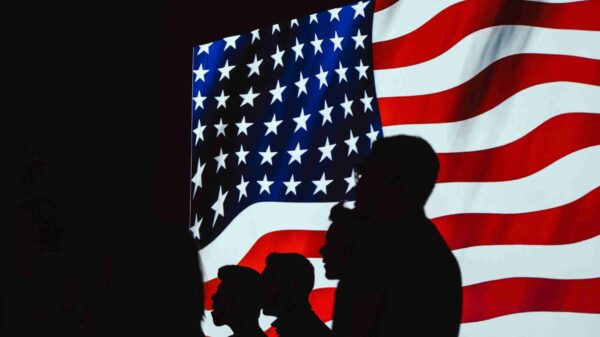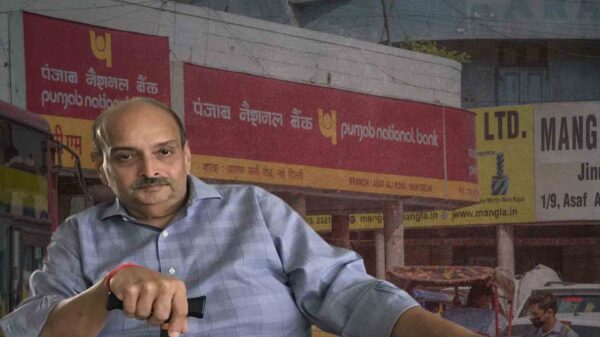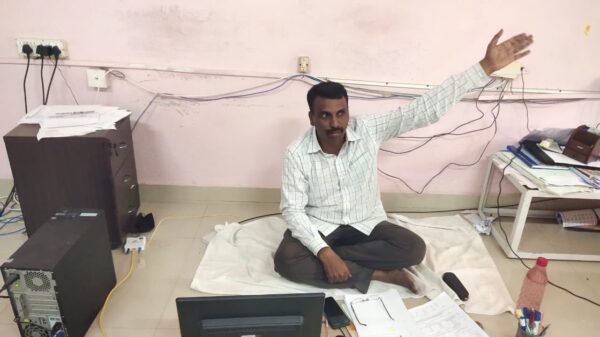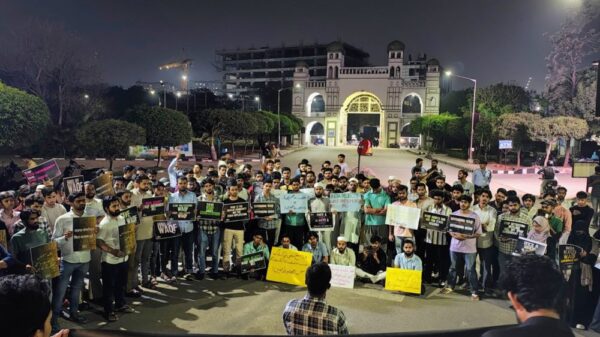Yoga guru Ramdev has landed in hot water over his controversial comments about Hamdard’s popular drink, Rooh Afza. The Delhi High Court slammed his statements, describing them as “indefensible” and said, “It shocks the conscience of the court,” as reported by Live Law.
The controversy began on April 3, when Ramdev, during a public event, alleged that profits from Hamdard’s Rooh Afza were being used to fund mosques and madrasas. He claimed, “There’s a company that gives you sharbat, but the money it earns is used to construct madrasas and mosques.”
In an attempt to promote his own brand, Ramdev also made a comparison, saying, “If you drink that sharbat, madrasas and mosques will be built. But if you drink this [referring to Patanjali’s rose sharbat], gurukuls will be built, Acharya Kulam will be developed, Patanjali University will expand, and the Bharatiya Shiksha Board will grow.”
Hamdard’s Legal Action
Following Ramdev’s inflammatory remarks, Hamdard filed a lawsuit against him in the Delhi High Court. Senior Advocate Mukul Rohatgi, representing Hamdard, described the statements as “shocking” and equated them to “hate speech,” which he argued should not be protected under defamation laws.
Ramdev continued to stoke the controversy, drawing a controversial parallel between the concept of ‘love jihad’ and Rooh Afza. He referred to the drink as part of a “sharbat jihad” and urged people to “protect yourself from this sharbat jihad” and spread the message.
Ramdev’s Criticism of Other Brands
Ramdev’s remarks didn’t stop there. He also compared other sharbat brands to “toilet cleaners.” A social media post shared by Patanjali urged consumers, “Protect your family and innocent children from the poison of toilet cleaners being sold in the name of soft drinks and sharbat jihad. Bring home only Patanjali sharbat and juices.”
A History of Controversies
This incident adds to the growing list of legal and public relations challenges faced by Ramdev and his brand, Patanjali. Over the past two years, Patanjali has been embroiled in multiple legal issues, particularly over misleading advertisements. The Indian Medical Association (IMA) filed a case against the brand, leading the Supreme Court to temporarily ban its advertisements and issue contempt of court notices.
In January 2025, a Kerala court issued bailable warrants for Ramdev and Patanjali’s co-founder, Acharya Balkrishna, for failing to appear in a case related to misleading ads by Divya Pharmacy. Another similar case was filed in Kozhikode.

























